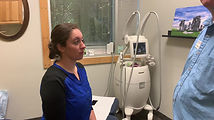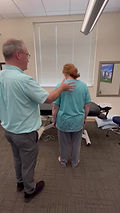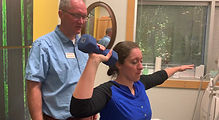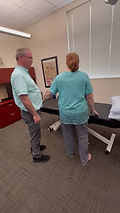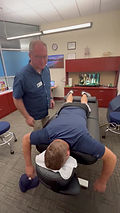Fax #: 801-377-3697


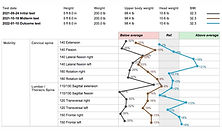
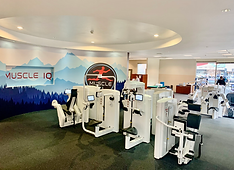
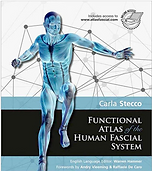
Journal of Muscle IQ
Journal of Muscle IQ - Volume 7
May of 2025
Journal of Muscle IQ - Volume 7 - May of 2025
Author: Christopher P. Knudsen, DPT
Muscle Tone - a summary of a video by Dr. Simon King
Neurology and Muscle Tone: The Hidden Foundation of Health
Let’s dive into what muscle tone actually is—based on recent neurological research—and why it’s so important for our overall health. Most people don’t spend much time thinking about muscle tone unless they’re at the gym, where “tone” usually means visible definition. But these sources paint a much deeper, more neurological picture. Muscle tone is not just about aesthetics—it's about what's happening beneath the surface, and it has profound implications for how our bodies function, heal, and even how we age.
The Individual Matters More Than the Diagnosis
One story from an article stood out to me. A practitioner described two patients with nearly identical pain and the same treatment plan. One recovered quickly; the other saw no improvement after a month. That kind of result immediately raises questions: if the diagnosis and treatment were the same, what made the outcomes so different?
This illustrates a key point: the patient's overall neurological state plays a major role in healing. The severity of an injury doesn’t always predict how recovery will go. One person may have chronic pain from overusing a computer mouse, while another might bounce back quickly after a serious car crash. Clearly, the diagnosis alone doesn’t tell the whole story.
Many studies compare treatment groups to control groups, which is helpful for identifying general trends. But they often fail to explain individual outcomes. So if it’s not just the condition, and not just the treatment, what are we missing?
The Missing Piece: Muscle Tone
According to the sources, a critical missing piece is the patient’s neurological state—specifically, their muscle tone. But let’s clarify what that actually means. We're not talking about looking “toned” in the mirror.
Muscle tone is defined in these sources as the ongoing, low-level activation of motor neurons that connect to your muscles—even when you’re at rest. It’s your nervous system keeping your muscles slightly engaged at all times, maintaining readiness. This is fundamentally neurological, not just muscular. You don’t get it from lifting weights; you have it even when sitting still.
Why Tone Matters
This baseline neural activity is foundational. It supports posture, stabilizes joints, and allows for efficient movement and repair. Without adequate muscle tone, your body can't provide the structural support needed for basic function, let alone strength training or rehabilitation.
The articles give the example of a child who moves freely and effortlessly versus an older adult who moves cautiously. It’s tempting to blame age for this difference, but the research suggests it may be more about changes in underlying muscle tone. After all, we all know older adults who remain strong and vital.
Strength Builds on Tone
So how does strength—the ability to exert force—relate to muscle tone?
Strength is the active expression of force. It’s what you consciously generate when you lift something heavy. But your ability to produce that force depends on the foundation of muscle tone. Without that baseline readiness, there’s nothing to “rev up” when it's time to act.
A useful analogy: think of muscle tone as a dimmer switch that’s always on at a low level. Strength is you turning that dimmer up with conscious effort. If the circuit isn’t on in the first place, you can’t produce power. Tone is readiness; strength is action.
One example the articles highlight is how children often seem surprisingly strong for their size. That’s not from gym time—it’s largely natural, well-regulated muscle tone doing its job.
Conclusion
Muscle tone is not a cosmetic trait—it’s a core neurological function that supports nearly everything we do. It affects how we move, how we heal, and how we age. As physical therapists, clinicians, or anyone interested in human performance, we should consider muscle tone not as an afterthought, but as a foundational part of health.
